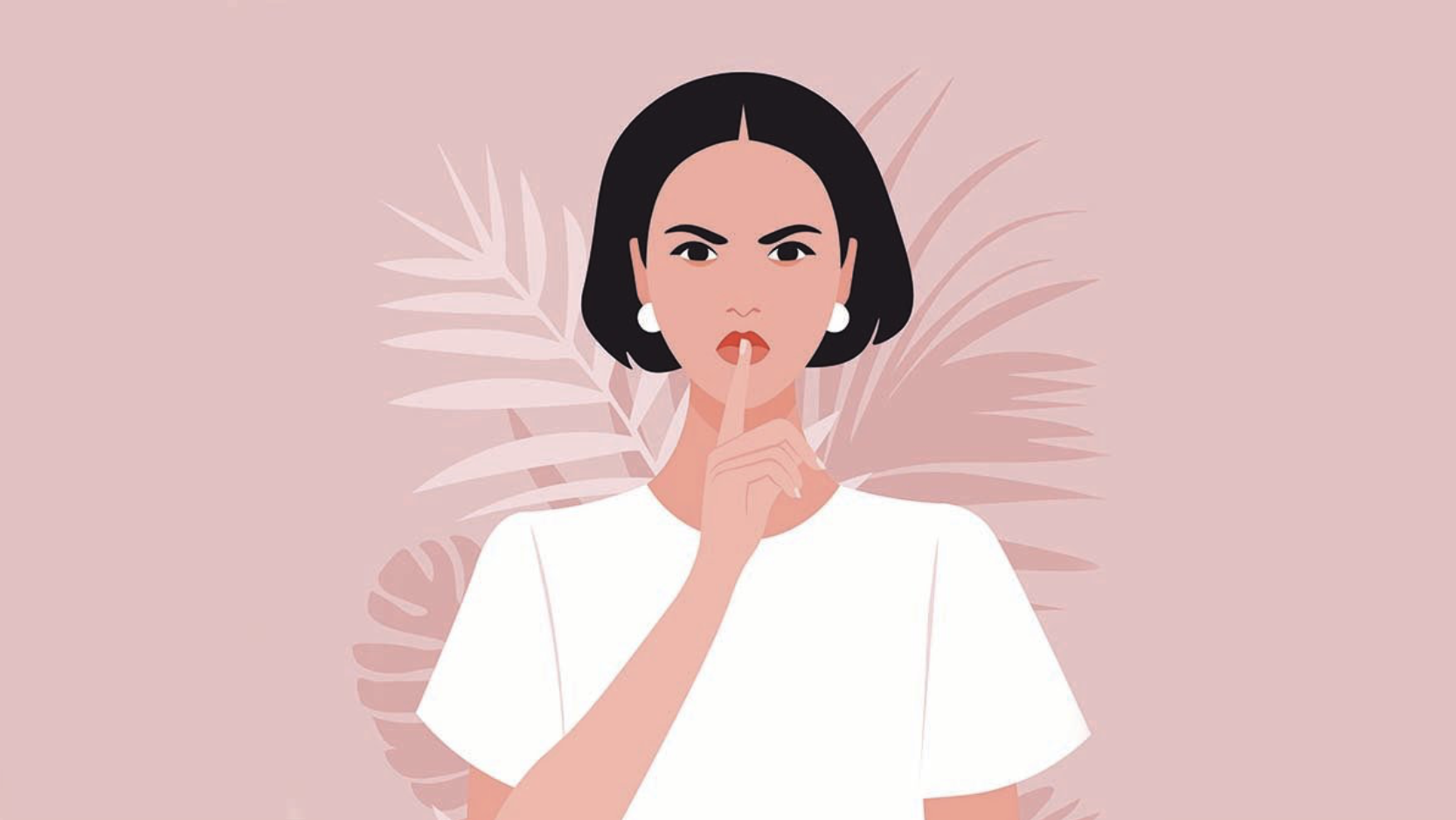The quiet cost of living in noisy environments

While we've all been on lockdown, things have been, well a lot quieter. There have been fewer cars on the roads, fewer people (except when you go to buy food), and we've been exposed to less noise. While that has led to many of us feeling, bored and frustrated, it's also quietly having a positive effect on our health.
Noise kills ☠️
In the mid-20th century, epidemiologists discovered correlations between high blood pressure and chronic noise sources like highways and airports. Later research seemed to link noise to increased rates of sleep loss, heart disease, and tinnitus. It’s this line of research that hatched the 1960s-era notion of “noise pollution,” a name that implicitly refashions transitory noises as toxic and long-lasting. But what's happening? Why does noise make us feel awful?
Tiny tiny bones 👂
Sound waves vibrate the bones of the ear, which transmit movement to the snail-shaped cochlea. The cochlea converts physical vibrations into electrical signals that the brain receives. The body reacts immediately and powerfully to these signals, even in the middle of deep sleep.
Neurophysiological research suggests that noises first activate the amygdala parts of the brain associated with memory and emotion. The activation prompts an immediate release of stress hormones like cortisol, which is why people who live in consistently loud environments often experience chronically elevated stress levels.
White noise 🚧
Just as the whooshing of a hundred individual cars accumulates into an irritating wall of background noise, the physical effects of noise add up. In 2011, the World Health Organization tried to quantify its health burden in Europe.
It concluded that the 340 million residents of western Europe—roughly the same population as that of the United States—annually lost a million years of healthy life because of noise. It even argued that 3,000 heart disease deaths were, at their root, the result of excessive noise.
So let's not be too hasty in asking for all that noise to come back, shall we?

